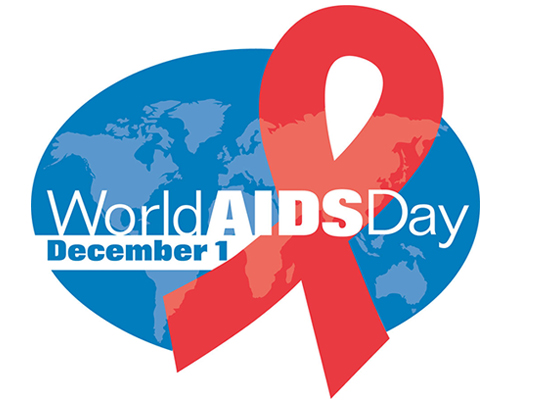NIDA’S Avant-Garde Award Competition Continues to Foster Transformative HIV/AIDS Research

Cross-posted from NIDA Newsroom, December 01, 2017
NIH-funded science continues to make great strides in the fight against HIV. For example, a partnership between NIH and a French pharmaceutical company was recently successful in neutralizing nearly all strains of HIV in primates using an antibody that binds to multiple sites on the HIV virus; it is set to enter human clinical trials next year. But much more research is needed to find ways to reduce HIV transmission and treat HIV/AIDS in high-risk populations such as people who inject drugs. To foster such research, 10 years ago NIDA created its Avant-Garde Award competition to fund bold projects that could have a high impact in preventing and treating HIV/AIDS in drug users. Today, World AIDS Day (December 1), is a great occasion to reflect on the past successes and future promise of the Avant-Garde Award program.
Some of the projects NIDA has funded through this competition have truly transformed the landscape of HIV/AIDS prevention and treatment. For example, one of the first awardees in 2008, Dr. Julio Montaner (University of British Columbia), developed the “treatment as prevention” model (also known as “Seek, Test, and Treat”)—proactively seeking out hard-to-reach injection drug users, testing them for HIV, and initiating antiretroviral treatment as a means of providing effective treatment while inhibiting the spread of the disease to other drug users. A 2010 awardee, Dr. Eric Verdin (University of California, San Francisco), developed a method to identify cells that continue to harbor latent reservoirs of the HIV virus in patients treated with HIV-suppressing medications, so that the processes underlying how HIV persists in the body can be better understood.
This past May, a 2012 Avant Garde Award-winner, Dr. Gary R. Matyas (Walter Reed Institute of Research), reported success in his project to develop a combination vaccine to treat heroin addiction as well as stimulate the immune system to fight HIV. In a preclinical trial, mice that were immunized with the novel vaccine had high levels of antibodies against a protein on the surface of the HIV virus and also showed attenuated response to injected heroin.
This year’s Avant-Garde awardees plan to pursue similarly exciting and potentially transformative projects. Dr. Michael Farzan (Scripps Research Institute) will be conducting preclinical research to develop effective gene therapies to prevent HIV infection in high-risk individuals, including people who inject drugs. Farzan’s method uses an adeno-type virus to deliver HIV-neutralizing antibodies or HIV-inhibiting proteins to their targets; his project will also explore ways to switch off the vaccine to make it safer for long-term exposure.
Dr. Peter S. Kim (Stanford University) has studied proteins that enable the membranes of viruses to fuse with (and thereby hijack) the body’s cells, using this knowledge to develop novel vaccines. His Avant-Garde Award will be used to develop a way to rigidify the gp41 protein on the surface of HIV-1 proteins, preventing them from merging with the body’s T-cells. It is an approach that could be useful in people like injection drug users who are at increased risk of developing resistance to certain anti-HIV medications.
Dr. Eric M. Poeschla (University of Colorado Denver) studies cellular systems that detect and defend against viral RNA and DNA and that inhibit the body’s immune response to its own nucleic acids. He will use his Avant-Garde Award to study how to enhance an individual’s innate immunity against viruses like HIV-1 using viral RNA-dependent RNA polymerase.
Get more information on this year’s and past Avant-Garde Award winners. The Avant-Garde Awards are just a few of many projects NIDA funds related to HIV/AIDS research. Other current projects include studies on effects of medical and recreational cannabis in people with HIV/AIDS, efforts to integrate HIV prevention and hepatitis C care in people who inject drugs, and research to develop models for delivering prevention and treatment in hard-to-reach populations such as rural communities. Learn more about NIDA’s AIDS Research Program.
The Avant-Garde Awards provide an important lesson about science—that while safe incremental steps in scientific research are important to discovery, we should not be afraid to fund high-risk/big-payoff approaches too. Both are needed to propel science forward.